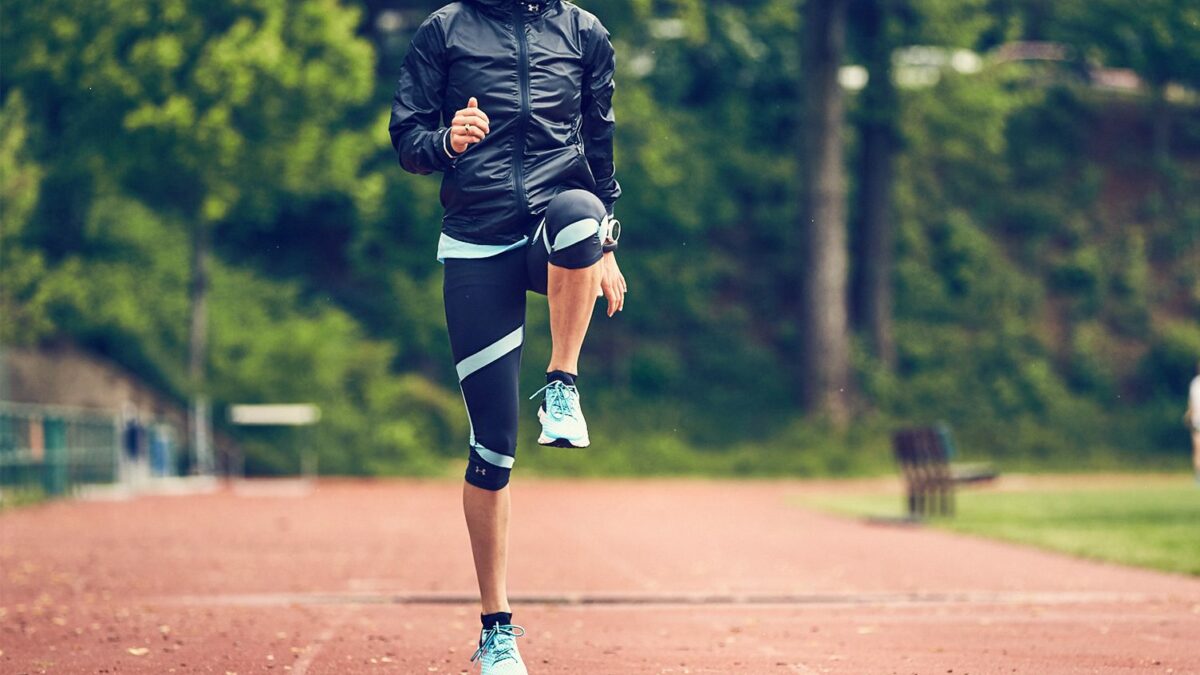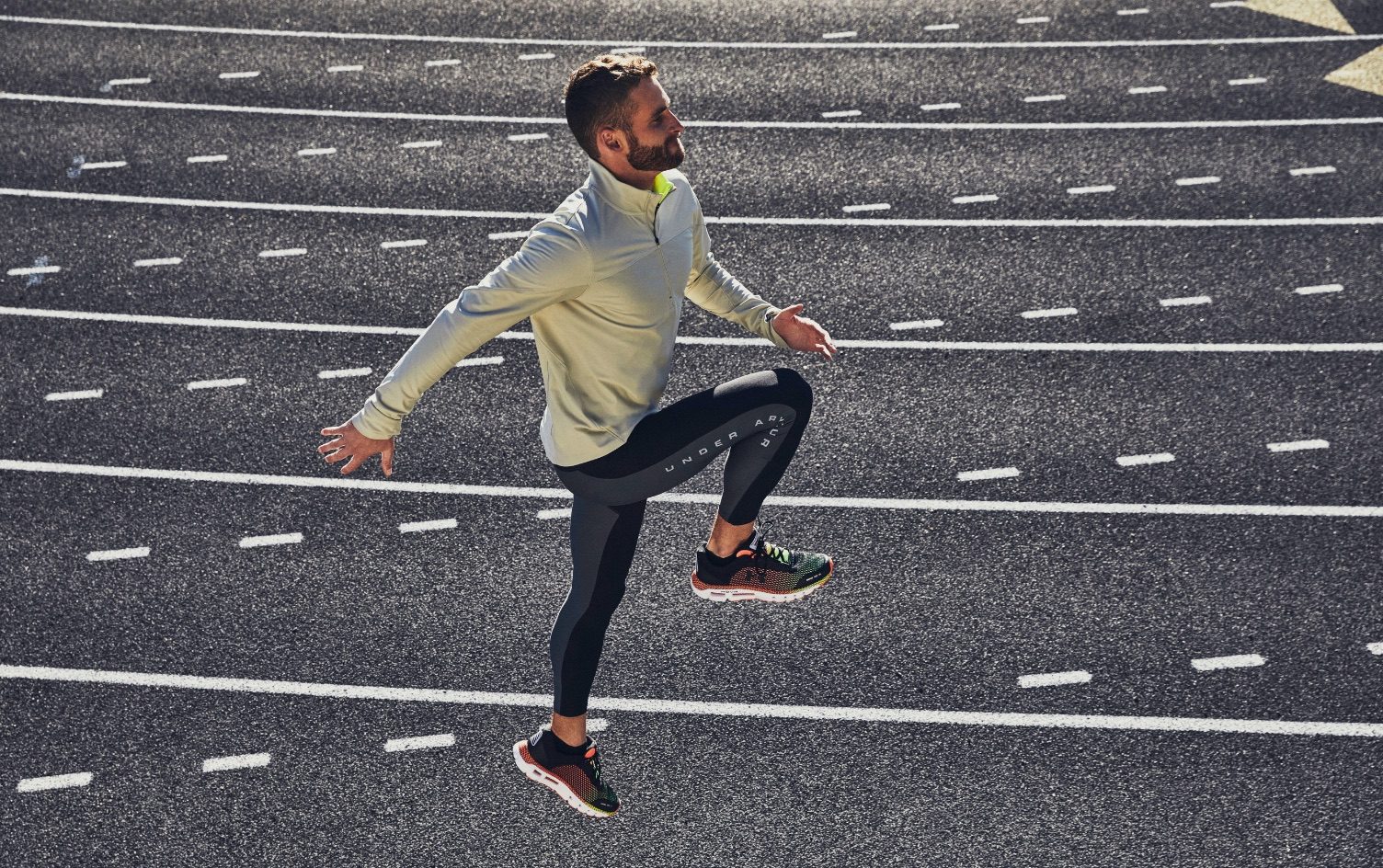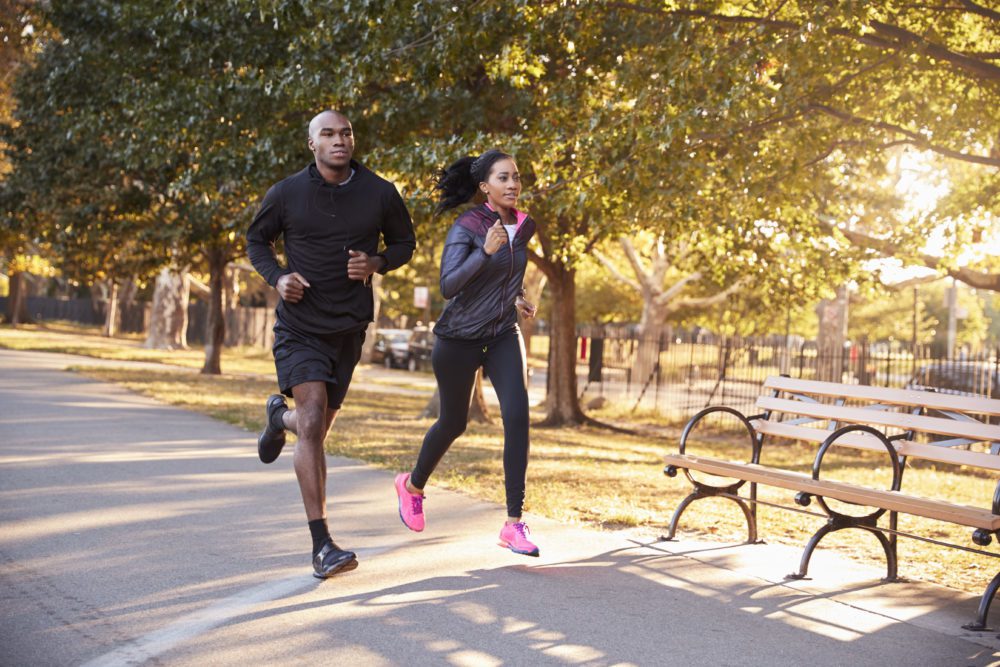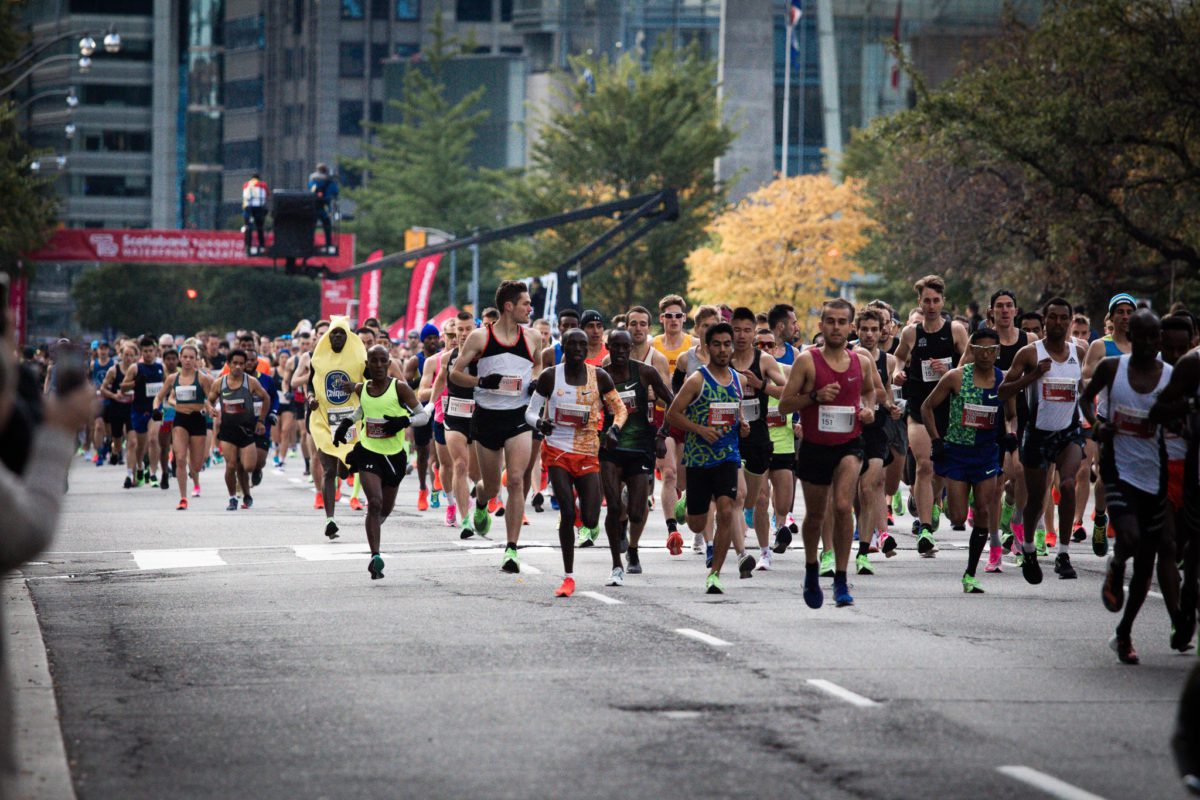How important is a warmup, really?
Research says for longer races, it may not be as important as we thought

Over the decades, coaches have preached the importance of a proper warmup to their athletes, who have dutifully completed their pre-race routines to a T before every competition. The idea of running before your race has often baffled non-runners, and in recent years, researchers have begun to scratch their heads along with them. A new study out of the European University of Madrid asked whether the warmup was worth it, and to the surprise of many endurance athletes, the answer appeared to be no.

RELATED: Strength training: how much time do you really need to spend in the gym?
The idea behind the warmup makes sense: increase bloodflow to the muscles that are going to be working so they’re ready for the activity and to reduce the risk for injury. Many agree that going suddenly from a state of rest to vigorous or explosive activity will likely lead to an injury, but while jumping out of bed and instantly sprinting is perhaps not the best idea, research has shown that a proper warmup doesn’t reduce injuries to the extent we think it does.
The study
But does the warmup improve performance? This is the question the researchers in Madrid set out to answer. While there is a decent amount of evidence that a warmup improves performance in shorter, more explosive activities like sprinting, it has not been as decisive when it comes to endurance sports. To answer their question, they had 15 male cyclists perform three, 20-minute time trials. For one test, they did no warmup, the second they did a standard warmup (10 minutes of cycling at 60 per cent of their max) and for the third they did five minutes at 60 per cent of their max followed by three, 10-second all-out sprints.

Following each time trial, the researchers evaluated the cyclists’ jumping ability, heart rate variability, time trial performance and perceptual and physiological responses during and after the time trial. They found that compared with no warmup, warming up enhanced jumping performance, which makes sense, since jumping is a short, exposive movement, like a sprint.
They also found that including three sprints during the warmup resulted in a higher initial power output during the time trial. In other words, the cyclists were faster out of the gate. Despite this, neither warmup appeared to have any benefit overall in the time trial. Even though the warmed-up cyclists started out quicker, they lost that head start later on during the trial, and finished in the same time as when they didn’t warm up at all.
What does this mean for runners?
This is not to say you should do away with warmups altogether. One thing this study doesn’t touch on is the psychological benefit to the warmup, and many runners find having a pre-race routine helps to quell their nerves. Weather also comes into play here, and on a cold day, getting your body warmed up for a harder effort is probably more important than in the middle of the summer.

What this study points out, however, is the difference between the all-out effort required for something like jumping or sprinting is very different from the pace required to run a longer race like 5K, and while there are performance benefits to the warmup for sprinting, they tend to dwindle for endurance events. The reason for this may be because the benefits you gain by warming up are negated by the fact that you used up some of your energy reserves before the race started, and thus tired quicker. This is even more true when you get into longer events like marathons.
RELATED: What to do when things go wrong on race day
So what should you takeaway from all of this? First, you should continue to warm up if it makes you feel more prepared and confident, but be careful not to overdo it, particularly as your race gets longer or the weather gets hotter. Second, if something happens before your race that forces you to have to shorten your warmup or miss it altogether, don’t sweat it — as long as you stay calm and confident, it likely won’t affect your performance much anyway.


